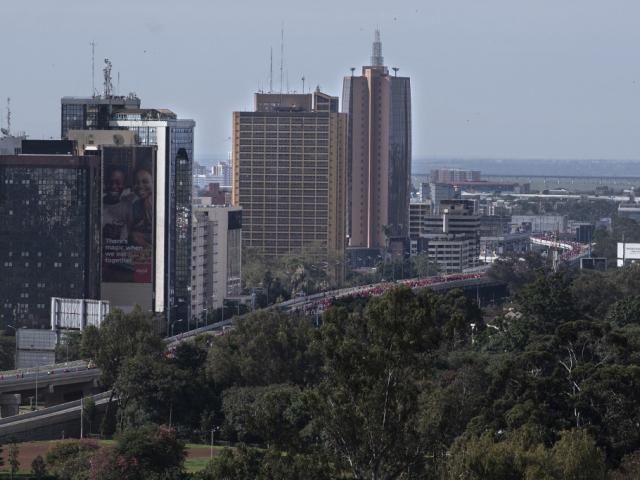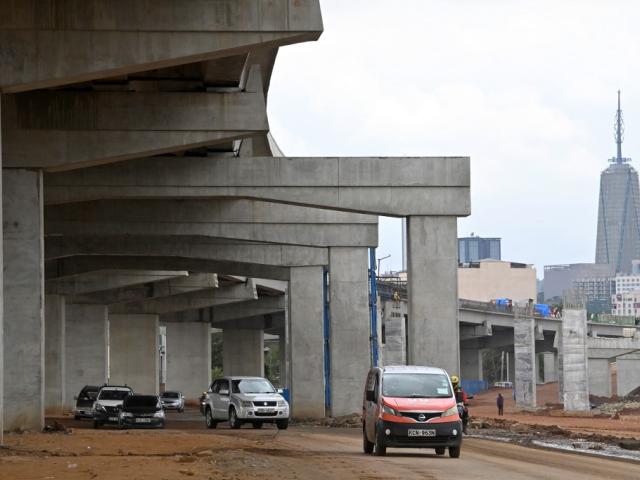IN SHORT: A video shared online shows a brazen robbery and Kenyan Facebook users have claimed it illustrates the increase of crime in the capital Nairobi. But it’s from the South American country Guyana, not Kenya.
A video circulating on Facebook appears to show a man being mugged on a busy street in broad daylight.
The video has been posted with the claim it shows criminals operating freely in Kenya’s capital Nairobi.
“SHOCKING video of an unidentified man being mugged in a Nairobi street in broad daylight goes viral,” a Facebook page with over 27,000 followers captioned it.
The video has gone viral at a time when violent robberies have increased in the capital. This has led to meetings by top security officials and the deployment of more security officers in the streets.
A number of videos have been posted online, showing civilians being confronted by criminals in Kenya. But is this one of them? We checked.

Video from Guyana
A reverse image search of a screenshot from the video leads to a news article on a Guyanese website. Guyana is a country in South America.
The article, published on 10 February 2022, is titled: “CCTV footage helps cops nab two ‘choke and rob’ bandits.”
It reports the incident took place in Georgetown, the country’s capital, and that the suspects were later arrested and charged.
News of their arrest and charging was also covered by other news websites in the country.
The Guyanese police also confirmed the arrests.
The incident did not take place in Kenya.
Republish our content for free
For publishers: what to do if your post is rated false
A fact-checker has rated your Facebook or Instagram post as “false”, “altered”, “partly false” or “missing context”. This could have serious consequences. What do you do?
Click on our guide for the steps you should follow.
Publishers guideAfrica Check teams up with Facebook
Africa Check is a partner in Meta's third-party fact-checking programme to help stop the spread of false information on social media.
The content we rate as “false” will be downgraded on Facebook and Instagram. This means fewer people will see it.
You can also help identify false information on Facebook. This guide explains how.




Add new comment